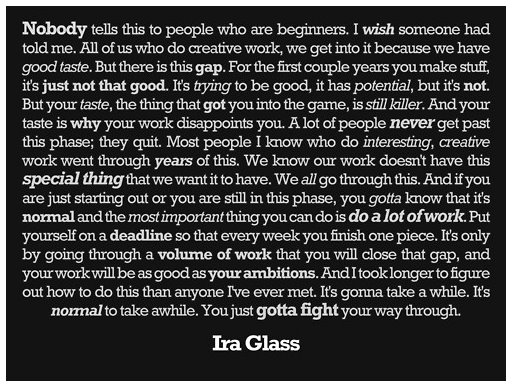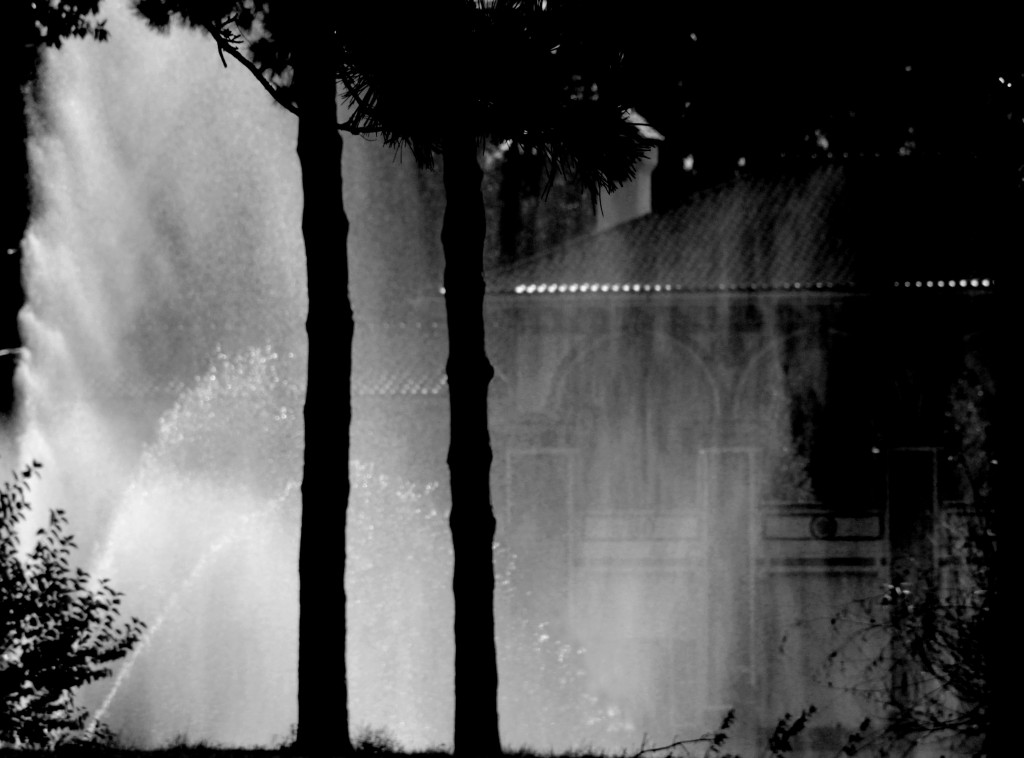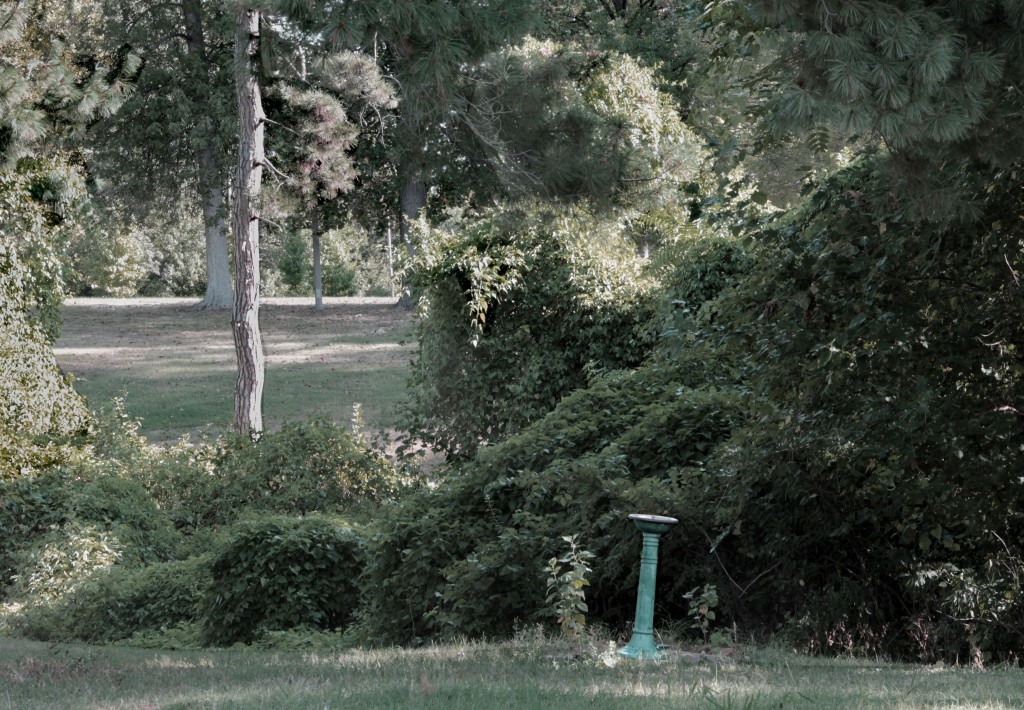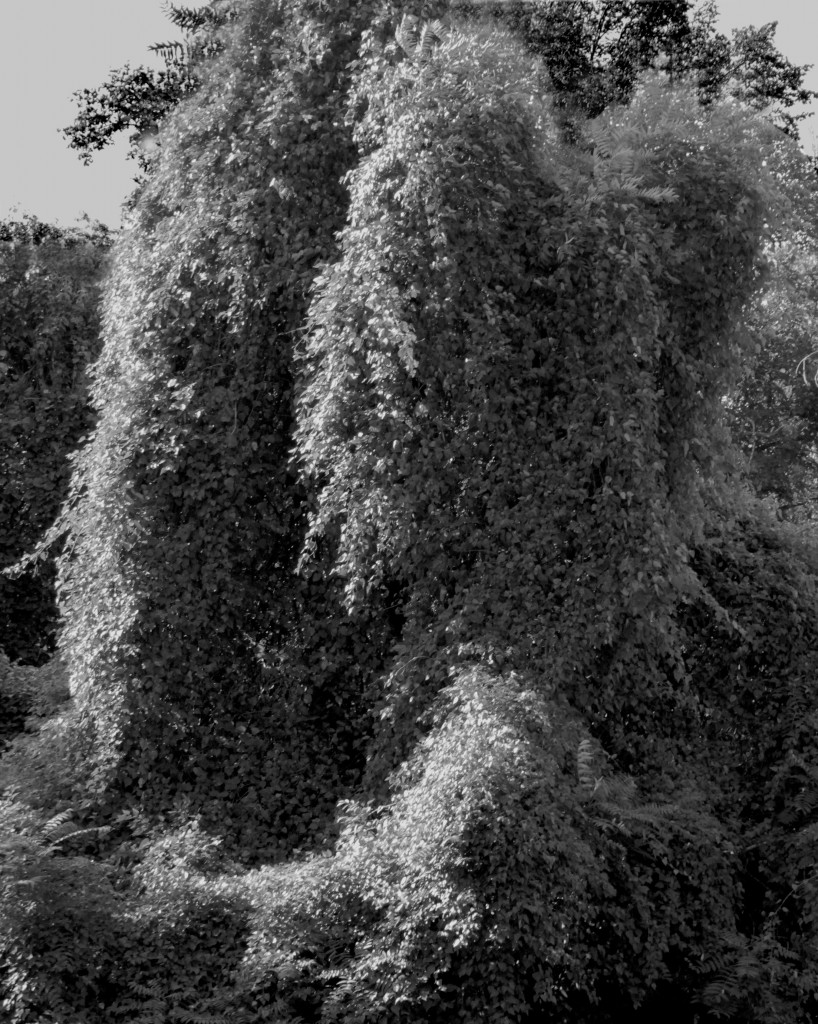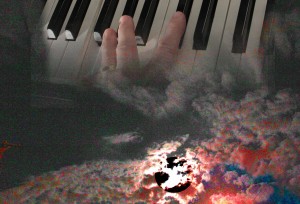Category: Art
Denial of Agency and Being Off Base
Recently I participated in a brief exchange on Shelfari that annoyed me. On a science fiction thread a commenter said he (or she) had recently read Isaac Asimov’s I, Robot and had enjoyed it even though the fictional conceit was off base. I asked why and the response was “His worldview is off-base because it is humanistic – it excludes God.”
That annoyed me. Actually, it pissed me off. The exchange ran a little while and then I suggested it be moved or abandoned. The admin allowed that it was a troublesome thread and it would be better to just stop it. I withdrew (except for one more exchange about why it had troubled me since as it continued it turned into a typical “does god exist” thread. My annoyance was with the assumption that stories can be judged automatically off-base because they don’t take into account a particular belief.
When pressed, the original commenter admitted that it was Asimov’s world view in general that was the problem—which means that the beliefs (or disbeliefs) of the author were used a priori to judge the quality of the stories.
Here’s the problem with that: fiction is about the human condition and the writer is responsible for getting the character and interactions within a story right. In other words, to tell the truth about people, how they feel, what they do, why they think or act certain ways. To do this, the writer must imaginatively assume the viewpoint of the characters (to greater or lesser degrees) in order to treat them honestly so what is then written about them is a true picture.
To do that, the writer must be an observer, a very accurate observer, a student of people, of humanity, even of civilization and culture.
To claim that a writer cannot write truthfully about the human condition unless he/she already holds a particular world view is sheer, slanderous nonsense. At its most basic, it suggests that to hold a particular world view might guarantee that a writer not only can but will write the truth, and that simply doesn’t follow.
But further, it suggests that the truth of human beings is hidden from a writer who doesn’t believe a particular way. Extend that, and you can take the position that a writer of any other religious view must be incapable of writing accurately and truthfully about people as compared to a writer who holds a preferred view. You are immediately immersed in the unsolvable debate over which view is the Truth (capital T) and which false. Or, furthermore, you would have to accept that a believer would be incapable of writing as honestly about atheist characters, since that is a world view not shared.
We would, very simply, be unable to speak honestly and truthfully to each other.
One would have to accept that stories written (truthfully, honestly) by a believer would somehow be different than stories written (honestly, truthfully) by an unbeliever. But that would deny the universality of human experience.
On a meaner level, this is a denial of agency. It’s very much like the argument put forth by those who think Shakespeare is a pseudonym for another author, one of which is the Earl of Oxford. The argument says that “William Shakespeare” lacked the education and aristocratic sensibility to have penned works of such insight about nobility. This completely discounts the richness of imagination writers must apply to any subject of which they lack first-hand knowledge. It says I, if I were Shakespeare, could not possibly have imagined what I wrote and told the truth so accurately because I didn’t possess the proper “world view.” You can see this argument used against any author or group of authors another group (usually not authors) seek to deny validation.
(I suggest finding a copy of the late, great Joanna Russ’s How To Suppress Womens Writing for a detailed examination of this process.)
It suggests two things that are false—one, that there are human experiences to which only select groups are privy and that no one on the outside can possibly know about, and two, that human experience is not universal on some basic level that underlays all successive experiential additions.
If a religious writer wrote truthfully about two people falling in love and an atheist wrote about the same two people, and both told the truth of what they observed and described the experience of those two characters honestly, how might they differ? For either of them to make the case, within the story, that their world view mattered in the telling of human truth, the author would have to intrude and, to greater or lesser degrees, proselytize. You would end up with a bad story at best, propaganda at worst.
Throw a dozen or two dozen stories on a desk without attribution. No one knows who the writers are. Tell me what the beliefs are of the author of each story. (This presumes excellent stories, truthful stories.) The idea that an atheist, a humanist, would write “off base” stories because of their world view is a denial of agency. What that says is that no writer not a believer could write a truthful story about believers, or that a believing writer could not possibly write a story about atheists.
Nonsense.
On the question of whether the universe would be depicted differently, well now that is a bit more interesting, but the fact is that the universe is how it is and both atheist and believing scientists see it, measure it, explain it pretty much the same way. They may argue over first causes, but in the advent of thirteen billion years since that event, both see the cosmos essentially the same way. Atoms operate the same way for both, gravity is the same for both, the life and death of stars…
But in fact, it was not the stories that prompted that initial remark, but a knowledge of the author’s world view that colored the perception. (Of course this is one more reason I tend to tell people that if they really love an artist’s work, see, hear, read as much of the work as possible before finding out anything about them. The personal facts of an artist’s life can ruin the appreciation for the work.) This is a dishonest gage. It sidesteps the only valid metric, which is, does this story say true things about people?
I won’t go so far as to say that a writer’s world view doesn’t affect the work. The whole point of doing art is to express personal opinions about subjects. But at the level of good art, all authors’ work must hold up in the court of truth, and to suggest that certain world views de facto prevent someone from telling the truth about the subject at hand is overreaching at best. You can certainly say of certain writers “his/her beliefs so color their work that it is skewed from truth” but it is not correct to say “these beliefs guarantee that their work will be skewed from truth.”
It also suggests that personal experience can be disingenuous at its core if it leads to conclusions inconsistent with a preferred world view.
Denial of agency indeed.
Position Statement

Time For A New Photograph
Long time ago, when I was but a teen, maybe right on the cusp, just getting interested in photography, my father and I sat up one evening to watch a PBS thing about Ansel Adams. To this day I cannot find that film—it included a project of his photographing a Hispanic family living on a scrub farm, very rural, lots of kids. He was working with both 4X5 and a Hasselblad. It was a detailed film, taking the viewer through the whole process, from shutter-click to processing, to printing. It had a substantial impact on me and I would like to find that film again, but I’ve even been to the Ansel Adams Museum in San Fransisco and they profess not to know what I’m talking about. I doubt I dreamed it—until that point I had no idea who Ansel Adams was.
In any event, there was a tone and approach to the whole enterprise that impressed me. The man was meticulous, an artist, and he said the word “Photograph” with a kind of reverence that has stuck with me. They weren’t “pictures”, certainly not “snapshots”, but PHOTOGRAPHS, spoken with a breathy exhalation on first consonant. I came to associate the word with the best work, the images that really seem to work. By that token, I have made very few photographs in my life, at least according to the standards I maintain.
But I’ve reached a point where even the effort to make one merits the appellation, so I tend to call every image I make that is supposed to be serious art (whether it succeeds or not) a Photograph. Vanity on my part.
For instance:
I’d like to flatter myself that this is the kind of image that merits the term. It’s about the symmetry, the balance of the spaces, and the range of tones. It takes something ordinary and attempts to transform into both a concrete record and an abstract. Using black & white strips the image to its compositional elements while at the same time the tonal treatment yields nuance.
Lot of hyperbolic nonsense there. The main thing is, I like it, it appeals to me, and I hope it’s the kind of thing that will reward multiple viewings. Like any piece of art, the test is whether or not it exhausts itself after one exposure or if it will stand up to repeated inspection. That I can’t answer. Not yet. A lot of my photographs I enjoy looking at still, many of the older black & whites especially.
Oh, that’s another thing. I tend to think of a Photograph as black & white. This is prejudice, pure and simple, and early programming. I have to consciously regard color works as Photographs—and I do—but when I hear the word I immediately, automatically, think black & white. Apologies to all the very fine color photographers out there.
Anyway, I thought I’d blow my trumpet this morning and indulge a little self-image fantasizing. Now we can all return to what we were before. Thank you for your attention and kind consideration.
The Oxford Comma Debate

Carondolet Park
The heat wave finally broke and this past weekend we took the dog and went through nearby Carondolet Park, which over the years has become our favorite to stroll. Driving through I often see all kinds of photographic possibilities, and then, when I return with the camera, I can’t find most of them.
But I did get some this time, so I thought I’d just put up a selection. Something apolitical, pleasant, interesting, visually stimulating, etc.
So….
Cottage Industry
Around The Neighborhood
Playing Jazz, part three
Steel-trap smiles made room on the stage, a shuffle of seats, a place where chances die or lives are made, all the welcome of the seen-it-befores and the willingly-impressed, squeezed into a need for the new, hope for discovery, and fear of not-good-enough.
The room itself prepared for betrayal, but the ears plugged back into the main artery, on the off that something might open a vein or just shut out the silence.
The Kid opened his case and took out a pair of hands. Everyone gasped at the tendons and callouses, the length of the reach and the curl of long use. He attached them and flexed them and came up to the group and sat down with a comfort way past his years.
Staves crossed, he danced over a brief history of composition, plainsong to Bach and right over romance he played straight into cool. I heard chords buried under atonal cadences, squeezed between whole-tone and free jazz, unplayed references to Jellyroll, stride, Lester Brown, syncopated against voices lofted on solid riffs, the gifts of Bird found one long, strung-out night, reforming on Miles, scampering with Chick and Herbie, and soaring to Bop.
He told us: sevenths took me out of thirds and they expelled me from the nursery. On the street a big smiling wind showed me how to flatten my fifths and from there it was only a bus ride to the Village and the Vanguard and Birdland. In the lower shoals, all eddied with mist and restless listening, the minor blues found release in an augmented major cool that fused with a life beat ignored by the timid, scorned by the comfortable, and recovered by archaeologists of ancient sighs. It talked to me, whispered secrets, and taught me how to read the palimpsests of harmonies down to the bare rock surface of the first language. I can tell you this much, what I’ve gleaned from all those notes passed sub rosa between classes, that it’s nothing alone and everything together.
It’s the conversation that counts, the contact that matters, so talk to me now and let’s play some jazz.
Playing Jazz, part two
Smoke pirourettes around the shrinking shapes of idle speculation. Ritual anticipation settled for the inevitable triage of experience and achievement, dues and wisdom, invitation and exclusion.
Sax throated obligatory admiration, mood recycled in reserve, and the shadows pressed faceless to the glass, watching the shark-moves of truth encircled by motifs, melodies, modes, and measures.
Do you even know, they asked, what it is you want to say, never mind how to say it? Do you have a mouth to match your measures? Chords for your chords, a tongue for your tune? The heart for your beat?
The Kid folded his wings, shuffled his stand, arranged his perspective, and raised his sites. The air gathered close, keeping clear through the collection of relevant minutiae, ready to move when the words finally came.
“I seen sad corners, he said, empty streets full of ghosts and ghosts full of need. Houses without homes and homes with no walls, towns without pity, summer in the city, and cities with no names. I’ve heard all the ways a dime can be rolled, a quarter flipped, and a promise sold for the safety of a brick. I’ve sat at bars and listened to the pointless frustration of voices with no song, the outlines of dreams, substanceless schemes, and aimless desire with no match to ignite, through nights with no stars only lights in the sky, and I came through the mess with a shape and a name and a point to be made.
So here I am and I’m asking the chance.
Let me sit in ‘cause I want to play jazz…”

